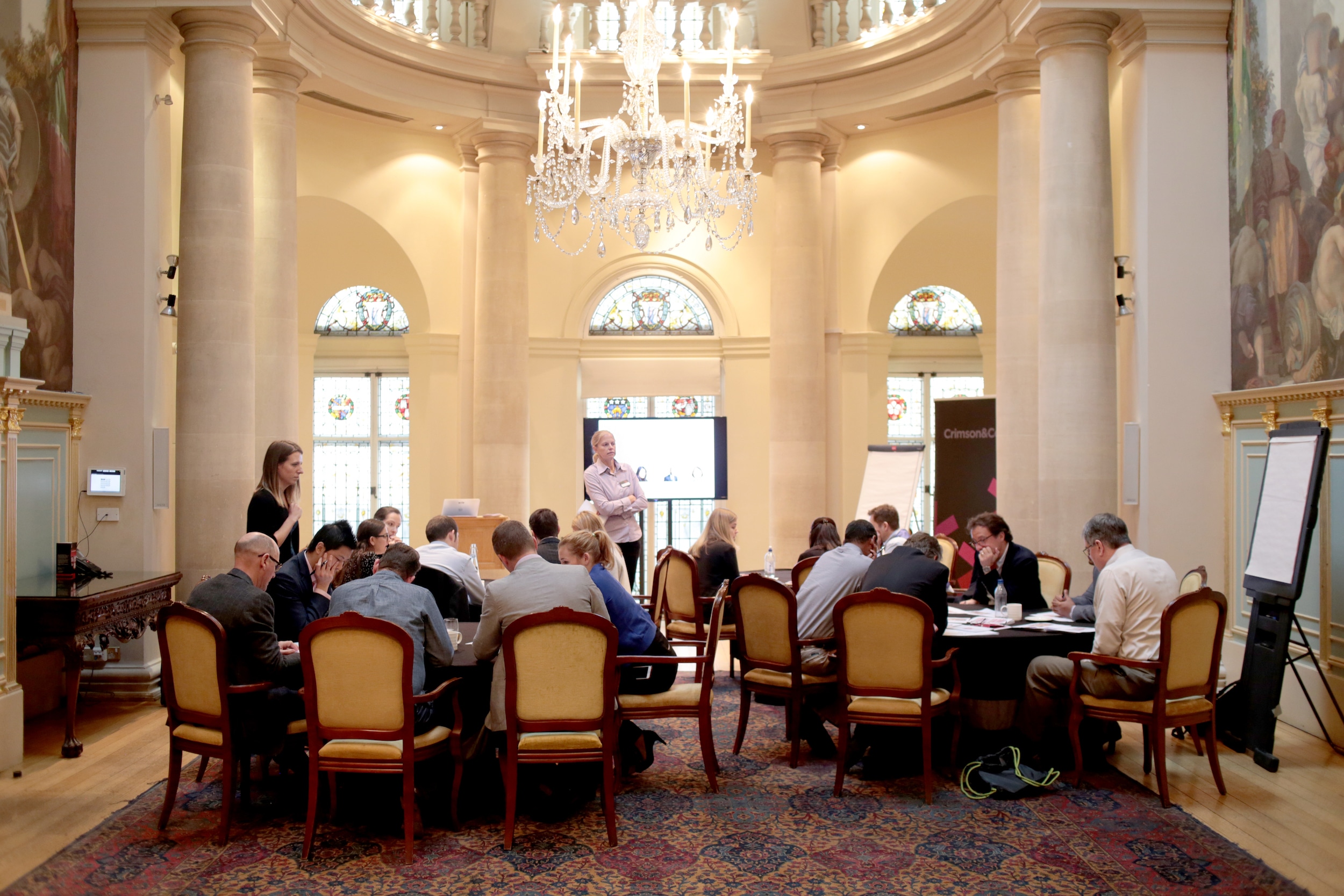Transformation management
Business transformation has become a popular aspiration. Companies want to do it and consultants want to help them. Transformation symbolizes potential and growth; it enables businesses to embrace complex and difficult business challenges, with the successful ones emerging more resilient and more powerful. Transformation management is the coveted journey to continued higher performance and the basis for sustained competitive advantage.
Principles of transformation management
Only 30% of transformation programmes are successful. The failure rate suggests that it is incorrect for management to believe that a good communication plan and robust training are sufficient conditions for success. It is often the situation that the business case and benefits are not realized, and while the ’what’ of the program is understood, the ‘how‘ and ‘why‘ can be less clear.
Implementing business transformation
Successful transformation requires alignment throughout the business and the full and visible commitment of the leadership team. Best practice involves co-creation of the approach, self-selected engagement and involvement, and a culture of continuous change. The ‘why‘ and ‘how‘ are as important as the ‘what‘. Our approach to managing transformations directly addresses this; it includes a suite of tools and techniques focused on ensuring that a transformation is set up and managed to maximize and speed up the benefits, while minimizing risk and ensuring the change is sustainable.
Helping with business transformation challenges
Our team of transformation management consultants dig deep to identify the root of complex problems and focus on delivering tangible results for clients. The menu bar on this page provides more detail on a selection of the transformation management challenges we regularly work on.
We apply a combination of technical expertise, operational experience, business knowledge and common sense to help our clients solve transformation issues and deliver lasting results. Our positive, flexible and personal approach, with challenge where needed, ensures buy-in at all levels of our clients’ businesses and a positive outcome. Learn more about us here.

